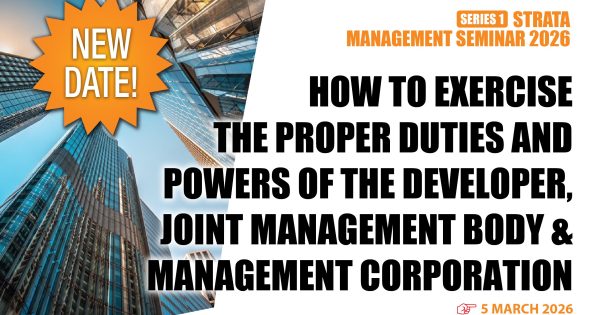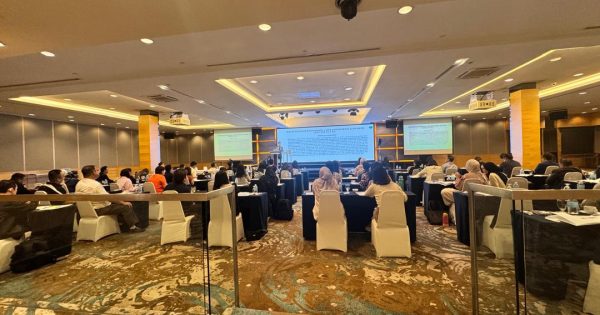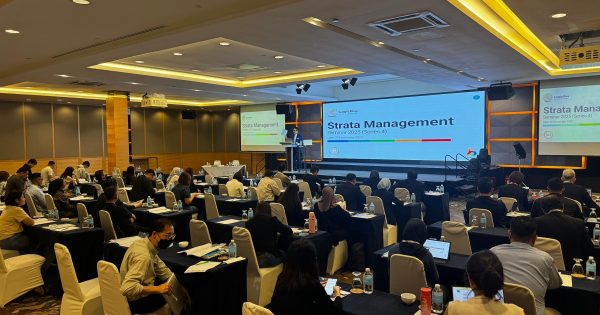
CASE UPDATE: LEE AH HAH & ANOR V TEH CHIN LAN & ORS [2019] 5 CLJ 855 (HC)
Facts:
An application has been made by the 3rd Defendant in the main suit, for the High Court to make an order pursuant to Rule 28(a) of the Legal Profession (Practice and Etiquette) Rules 1978, that Messrs WY Chan & Roy be barred from representing the Plaintiffs in the main suit, and that the same firm of advocates and solicitors be barred from representing the 1st and 2nd Defendants in their Counterclaim. The main ground of this application was that one Mr. Nathan Subramaniam (“Mr. Nathan”), a partner at Messrs WY Chan & Roy, who was present at the Extraordinary General Meeting (“EGM”) of Investland Kampar Development Sdn Bhd, the 7th Defendant and on 7 September 2017, took part actively at that EGM as the chairman of the meeting, would be called as a witness in the present case.
Issues:
The issues that arose were inter alia:
- Whether there were wrongdoings by Mr Nathan;
- Whether Mr Nathan attended the EGM as a proxy to one Chin Now (the second Plaintiff in the main suit); and
- Whether there existed any ethical restriction for Messrs WY Chan & Roy to appear for the Plaintiffs.
High Court Decision:
- The issues pertaining to the alleged wrongdoings by Mr Nathan at the EGM were not only mere allegations which failed to be supported by document or other evidence, but there were also issues of fact that must be proven not merely by affidavit averments. It must be determined by the court only after having the benefit of considering evidence by witnesses at a hearing. This ground therefore failed.
- The fact that Mr Nathan was present at the EGM on 7 September 2017 on the proxy of Chin Now and acted as the chairman of the EGM were not disputed by the parties. As the EGM was held on 7 September 2017, the provisions of ss. 294, 334, 335, 336, 337 and 338 of the Companies Act 2016 applied. When Mr Nathan attended the EGM as Chin Now’s proxy, his words and actions at the EGM, including those alleged wrongdoings, were those of Chin Now, unless proven otherwise and except those actions of his that were in contravention with laws. This was an issue of fact and law that could not be determined merely through affidavit. The law also allowed Mr Nathan to be appointed as chairman of the EGM, if so allowed by a resolution and agreed upon by members present at the said EGM.
- Mr Nathan was not at the EGM in his capacity as a partner of Messrs WY Chan & Roy. Therefore, Rule 28 of the Legal Profession (Practice and Etiquette) Rules 1978 did not apply. Further, the mere fact that Mr Nathan would possibly be called as a witness did not automatically trigger the application of Rule 28. The applicant must satisfy this court that Messrs WY Chan & Roy must be disqualified in order to eliminate the possibility of a conflict of interest or compromising the interests of the contesting parties. The applicant failed to show this. In fact, such possibilities did not arise as Mr Nathan was not present at the EGM in his capacity as a solicitor or a partner of Messrs WY Chan & Roy.
Key Takeaways:
The High Court drew guidance from the case of Wee Choo Keong v PP [1990] 1 CLJ 1015, confirming that the ethical restriction under Rule 28 of the Legal Profession (Practice and Etiquette) Rules 1978 must be applied flexibly and only where a real risk of conflict exists. It is not intended to be imposed mechanically or as a matter of form. Rule 28 is a rule of ethics, it is not an automatic bar. An advocate is not disqualified merely because he might be called as a witness; disqualification only arises if his testimony concerns material or disputed facts.
Applying these principles, the High Court held that there was no ethical or professional restriction preventing Messrs WY Chan & Roy from continuing to act for the Plaintiffs, as Mr. Nathan had attended the EGM not in his capacity as a solicitor or partner of Messrs WY Chan & Roy, but purely as proxy for Chin Now and was appointed chairman with resolution agreed by the members present. The applicant failed to establish any genuine conflict of interest, and accordingly, the application to disqualify the firm was therefore dismissed without order as to costs.
It remains to be seen whether the judges, in adjudicating a strata dispute, will adopt the same principles.


